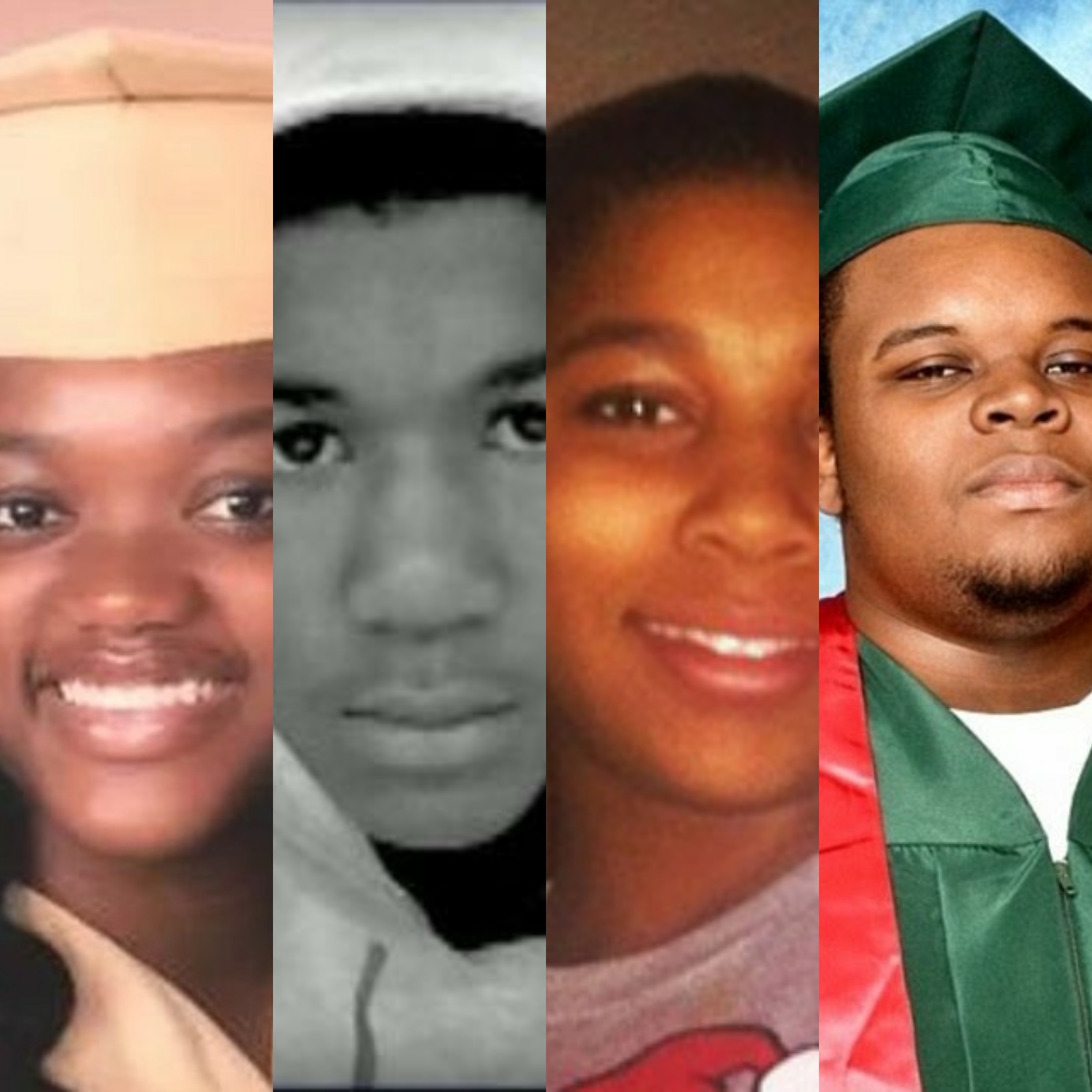
They regularly lag behind their peers in school, and are frequently targeted for suspension as early as their pre-Kindergarten years. This is the case even when they are academically gifted. When discarded by their school, these naive souls become prey for the criminal justice system and the statistic as one of the disproportionately incarcerated. Every day, newspaper pages around the country are filled with the tragic stories of Black children struck down by gunfire. Not safe in their school, neighborhood or in proximity to those legally sworn to protect them, so much of our future is silenced in their graves.
In recent weeks, a 3-year old boy died in a shooting in Prince George’s County, Maryland. The victim was one of two children shot in a 24-hour period in the county. In Chicago, a 13 year-old boy was taken off life support after being shot while riding his bike near his home. In the District of Columbia, a mother has admitted to having disposed the body of her missing 2-year old son in an outdoor trash bin.
Does anyone really care about Black children?
This is not a rhetorical question. This is an inquiry on the lack of care and compassion shown Black children in America. This is a cry of despair, the tragic recognition of the consequences of a Black childhood in this nation. Black children in America live life on the margins. They exist in spaces and places that our nation conveniently forgets. Frequently trapped in conditions that betray their physical wellness and mental health, the lives of Black children are compromised by the history and complexities of race and racism in America. Their genius casually discarded and their potential regularly undermined. Too often, Black children show up as data points, some anomaly that academics will later fret over.
Where is the safe haven for Black children?
Gun related death rates for Black children are 10 times higher than for White and Asian American children according to data from the Centers for Disease Control and Prevention (CDC). Researchers at Children’s National Hospital in Washington DC have found that Black children are 6 times more likely to die from police shootings. The Annie E. Casey Foundation reports that a third of Black children in America live in poverty. The U.S. Department of Education notes while 85.3 percent of all students graduate from high school in four years, for Black students the figure was 79 percent as late as 2017. COVID-19 will likely exacerbate that disparity.
We have come to the point where Black children are only celebrated and recognized in death. Their funerals have become festival-like, with balloons, doves and t-shirts emblazoned with their image; a desperate attempt to find reason in tragedy. If we exhibited an ounce of the concern for Black children when they are living, as we feign over their deaths, perhaps many more would reach adulthood.
What is the policy prescription that will save Black children?
When do we move beyond shock and despair, and start putting into action an agenda that recognizes the humanity of Black children? Is this even possible when Black adults are demonized and their lives marginalized by the effects of poverty and discrimination – unemployment, underemployment, and poor health? The assault on Black family life must end if we are to position Black children for success and productive lives.
For decades Black children have been studied, the subject of exhaustive research that has created a cottage industry for academia and philanthropy. The struggles of Black children are well documented but where is the body of work that speaks to their changed circumstances? We are always treated to individual instances of ‘overcoming’ that belies the perpetual barriers constructed to trip up Black children.
As a Black father with a catalogue of grievances for bad childhood experiences my now 23 year-old daughter endured, and memories of my own struggles as a child, it is not lost upon me that Black children are not a priority for policymakers or our elected leadership. This puts Black adults in the precarious position of having to use disruption of the status quo as a necessary but last resort. We can ill afford to sit back and exhibit patience when every day we witness the destruction of our children.
So, I ask the question ‘Does anyone care about Black children?’ in jest. I know the answer. However, if no one else cares about our children, Black adults must.
Walter Fields is the Executive Editor of NorthStarNews.com












